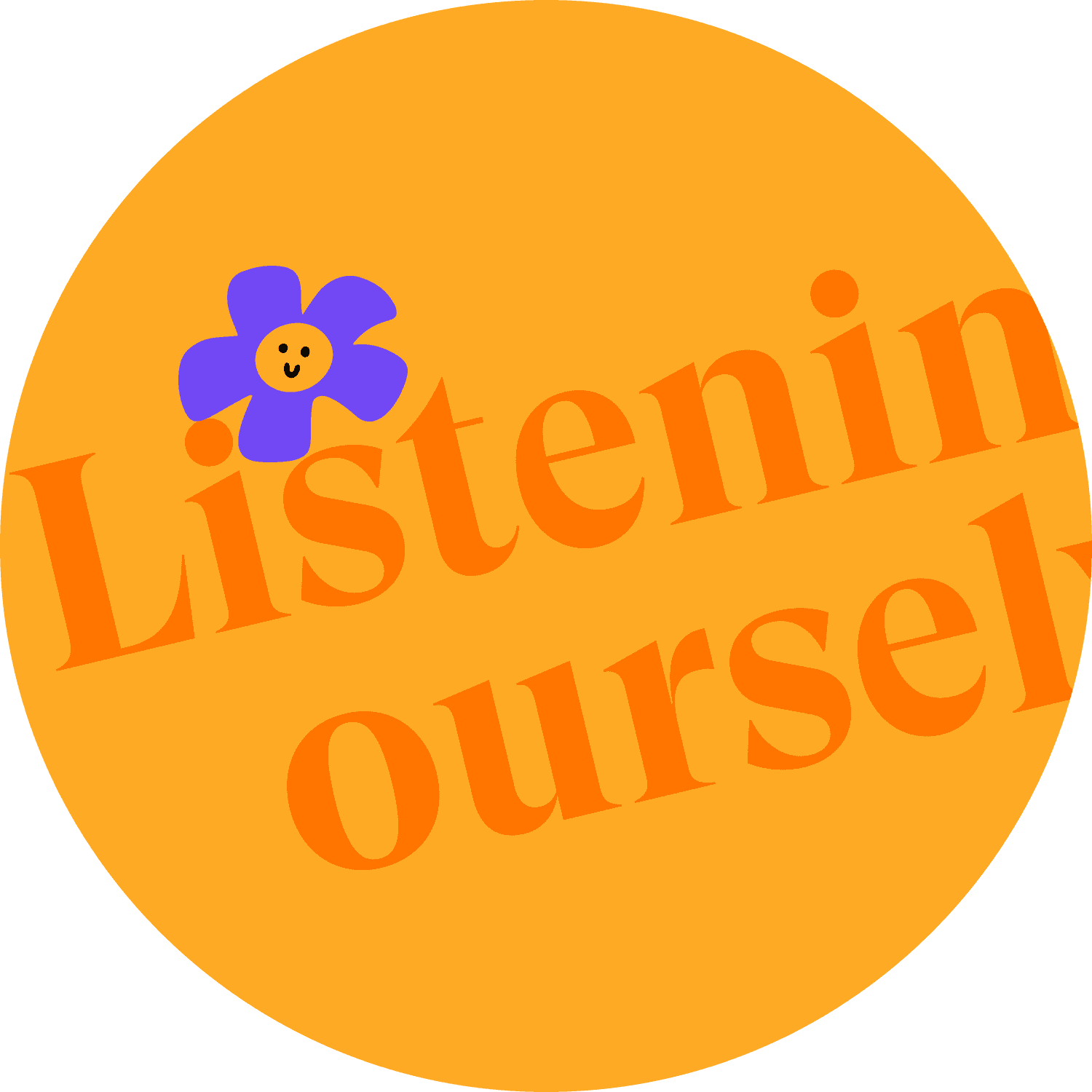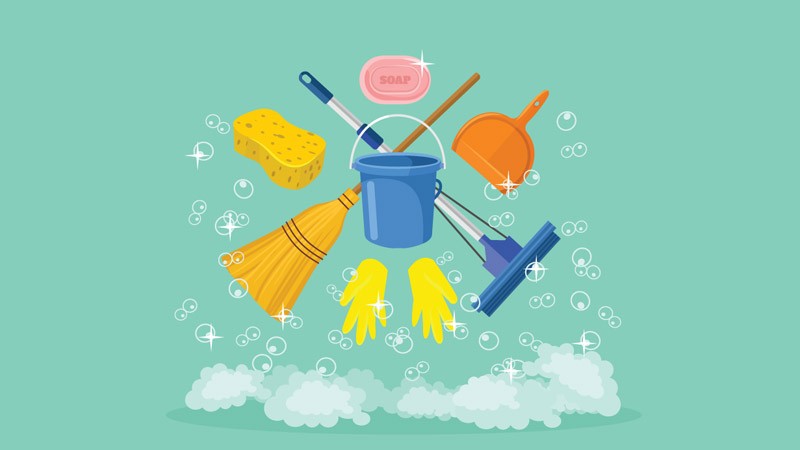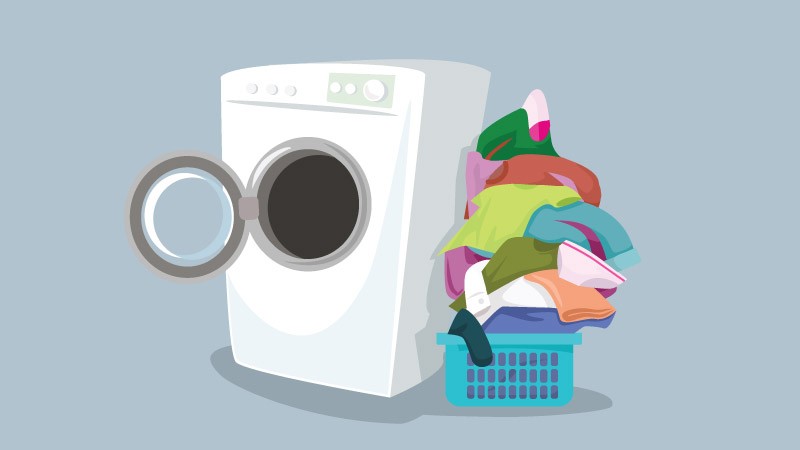
The 9 Eco-Friendly Household Cleaning Essentials
Anyone who cares about the environment will recognise that the latest cleaning crazes are not sustainable. Thankfully, there are some really easy eco-friendly cleaning methods with minimal impact on the environment around us.
Before making any changes, it’s a good idea to take a long, hard look at all your current household cleaning products and your home, and think about what products you really need.
When it comes to eco-friendly cleaning of your home, there are actually only six necessary types of products:
1. Something soap-based to clean and cut through grease

This can be a liquid soap, either a refill brand or homemade from bar soap. Or you can rub bar soap on a flannel or brush. Marketing folks have sneakily convinced us over time that there must be a lather for something to be cleaning properly, but this isn’t the case!
There are other saponins that clean just as well without the lather that sodium laureth sulfate (derived from palm oil) creates. I make my own liquid soap from castile soap bars and use it for floors, hand washing, washing up, etc.
2. Something to shine up mirrors and glass

This also needs to cut through grease for a streak-free shine. I use homemade vinegar cleaner, which is super easy to make: I buy white wine vinegar either in bulk or in glass bottles and decant it into a wide mouthed jar. Then, I add citrus peels and leave it. I dilute this solution 50:50 with water in an old spray bottle and use it for spot cleaning floors, to clean windows and mirrors, in the bathroom and kitchen.
3. Something abrasive for stubborn stains
Most people are switching to bicarb of soda (or baking soda in the US) as a lower impact product with multiple uses in the home. As this article explains, bicarb of soda comes from the minerals nahcolite and trona, which are mostly mined from the world’s biggest trona deposit in Wyoming, US. This deposit is so huge that the Wyoming Mining Association predicts that there’s enough to last 2000 years!
Whilst the production of bicarb of soda has its own environmental impact, it’s low compared to the impact of producing other cleaning products.
You can also use bicarb of soda to make homemade deodorant, bath fizzers, toilet cleaning bombs, carpet and upholstery freshener among other things. I buy mine from Plastic Free Pantry and keep it in a large jar – I also have a smaller jar with holes in the lid to use as a sprinkler.
4. Dishwasher tablets (if you have a dishwasher!)

It’s possible to make your own dishwashing tablets – a quick Google will bring up some recipes! However, I prefer to buy eco-friendly dishwasher tablets in water soluble wrappers from Wilkinson’s.
5. Clothes washing

Similarly, it’s also possible to make your own laundry powder – though care needs to be taken with some of the ingredients if you have sensitive skin. Other options include Splosh, Smol, eco-egg, soap nuts and liquid soap made from conkers, which have naturally occurring saponins. We use Surcare washing powder at the moment, which comes in a big box.
Two things are important to remember with clothes washing:
1) Laundry product brands want you to buy more product, so they convince you that you need to wash your clothes more frequently and use more product than you need.
2) A really good start on your eco-friendly cleaning journey is to wash your clothes less frequently, and use less product when you wash.
6. Something to keep a check on germs
This one is optional. There has been a recent shift towards recognising that it’s bad to kill off too many germs, as some germs are good for building strong immune systems.
However, there are definitely occasions when a thorough clean is necessary! If you have young children or pets, a disinfectant can be handy during times of illness or when dealing with some of the nastier bodily fluids. We have three children, one of whom is immunocompromised, and also a cat and a rabbit. We still use bleach to clean the toilet and for cleaning up after illnesses, although we don’t use it as much as we used to (and if I lived alone I probably wouldn’t use it).
This article explains how the use of bleach in the amounts used by households isn’t a danger to aquatic life. Alternatives to bleach include Splosh mint and eucalyptus toilet bowl cleaner and Violet’s mineral bleach, which are both septic tank friendly!
You’ll also need some tools for the job – and it’s time to stop buying wipes and plastic scourers. Wipes that are flushed down the toilet contribute to fatbergs in the sewers and clog up water treatment works, where they have to be taken out and sent to landfill or sent for incineration. Wipes that are thrown away end up in landfill or are incinerated. There are plastic fibres in wipes and plastic scourers that either take hundreds of years to break down in landfill or end up polluting our waterways.
Here are some alternative eco-friendly cleaning tools:
7. Wooden scrubbing brushes
A big brush for cleaning the floors, a small one for dishes. These do have plastic bristles, unfortunately, but they last an incredibly long time, much longer than a plastic scourer, so they’re still better for the environment in the long run.
8. Cloths
The likelihood is that you probably don’t even need to go out and buy cloths for cleaning. Your old tea towels and bath towels can progress to being dishcloths and kitchen rags over the course of their lives!
I’ve repurposed our muslin cloths from when our children were babies into kitchen rags and hankies. Old clothes and worn bedding can also be cut up to use as dusters, cloths and rags.
9. Scrubbers for stubborn stains
We have a stainless steel scourer for pans because we don’t own any non-stick pans anymore – this also gets great results on the oven when combined with a bit of bicarb of soda and hot soapy water. Coconut fibre scrubbers and loofahs are great natural options for tough jobs.
By streamlining your household cleaning products and choosing more eco-friendly options, it’s possible to hugely reduce your impact on the environment. Do you have any favourite eco-friendly household cleaning products or methods? Please share in the comments if you do!
A final word about chemicals. A lot of people change to vinegar and bicarb cleaning in an effort to ‘rid their home of chemicals’. But chemicals are everywhere – you can’t rid a home of chemicals. Water is a chemical, as is the oxygen we breathe in and the carbon dioxide we breathe out – vinegar and bicarb of soda are both chemicals too! As Paracelsus said “All things are poison, and nothing is without poison, the dosage alone makes it so a thing is not a poison.”
Quantity and strength of solution is the key. It’s important to be aware that some apparently harmless chemicals can be very harmful when mixed with other things – never use vinegar cleaner with bleach, for example, as this releases a toxic gas!
Feature image credits: Shutterstock
This article originally appeared on Spot of Earth
Earth.fm is a completely free streaming service of 1000+ nature sounds from around the world, offering natural soundscapes and guided meditations for people who wish to listen to nature, relax, and become more connected. Launched in 2022, Earth.fm is a non-profit and a 1% for the Planet Environmental Partner.
Check out our recordings of nature ambience from sound recordists and artists spanning the globe, our thematic playlists of immersive soundscapes and our Wind Is the Original Radio podcast.
You can join the Earth.fm family by signing up for our newsletter of weekly inspiration for your precious ears, or become a member to enjoy the extra Earth.fm features and goodies and support us on our mission.
Subscription fees contribute to growing our library of authentic nature sounds, research into topics like noise pollution and the connection between nature and mental wellbeing, as well as funding grants that support emerging nature sound recordists from underprivileged communities.
